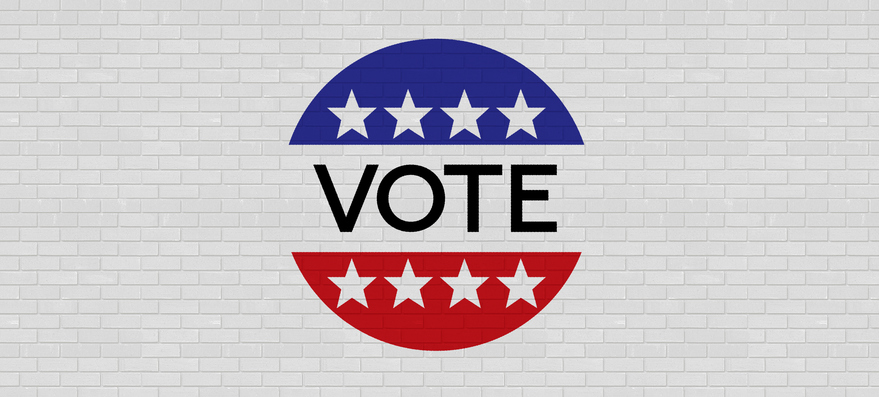ICE Reportedly Boosting Surveillance On Social Media
ICE Reportedly Boosting Surveillance On Social Media To Counteract Resistance

U.S. Immigration and Customs Enforcement (ICE) has reportedly expanded its social media surveillance program, and civil liberties advocates are sounding the alarm that this move aims to stretch tracking far beyond undocumented immigrants.
According to documents and leaked reports, the Department of Homeland Security is investing in an AI-powered monitoring system that has been designed not only to enforce immigration law, but to monitor and reportedly silence those speaking out against the Trump administration’s authoritarian agenda.
Federal records reveal that ICE is paying $5.7 million to use an artificial intelligence platform called Zignal Labs, which the agency claims helps “identify threats,” the Lever reports. But critics argue that its true purpose is to track dissent.
The company’s website lists it as a “real-time intelligence” platform that is capable of ingesting and analyzing more than 8 billion social media posts per day across Facebook, TikTok, Instagram, YouTube, and X. Using machine learning, computer vision, and optical character recognition, Zignal Labs sorts data into “curated detection feeds” that can flag individuals for “enforcement actions.”
Details collected could possibly include social media posts and the locations tagged in them, according to the published plans. The contractor could also be asked to find information about targeted people’s “associates,” including family members and coworkers, for the purpose of determining someone’s whereabouts.
While DHS and ICE continue to defend these contracts under the farce of national security, civil rights advocates point out how the program’s structure (or lack thereof) allows it to easily pivot from targeting undocumented immigrants to surveilling political dissent, highlighting the section of the contract that authorizes the agency to “shift priorities when necessary”, language experts call a “Trojan horse” for mission creep.
“With billions of dollars to spend on spyware, it’s extremely alarming to think how far ICE will go in surveilling social media,” Will Owen, communications director at the Surveillance Technology Oversight Project (STOP), said. “ICE is a lawless agency that will use AI-driven social media monitoring not only to terrorize immigrant families, but also to target activists fighting back against their abuses. This is an assault on our democracy and right to free speech, powered by the algorithm and paid for with our tax dollars.”
The WIRED report also indicates that ICE is seeking contractors to operate an around-the-clock social media monitoring program, targeting centers in Vermont and Southern California to hire nearly 30 private analysts to scour social media platforms, transforming public posts into “leads for enforcement raids.”
Civil liberties groups warn that this shift marks the evolution of ICE into a domestic intelligence arm of the federal government—part of a broader Trump-era strategy that intentionally conflates activism, journalism, and community defense with threats to national security.
Over the last few years, tech activists developed applications such as ICEBlock, designed to alert immigrant communities to nearby raids or encounters. Within hours of federal pressure, Apple and Google removed these apps—a move that the Associated Press reported followed direct demands from U.S. Attorney General Pam Bondi after she said such tracking puts Immigration and Customs Enforcement officers at risk, but critics countered that they were lifelines for families living in fear.
“These apps are a lifeline for communities living in uncertainty and fear of when ICE might show up to tear their families apart,” President of the National Immigration Law Center, Kica Matos, said.
Apple’s takedown notice to ICEBlock’s creator, Joshua Aaron, claimed the app violated company policy by “providing location information about law enforcement officers.” Aaron condemned the decision, calling Apple’s compliance evidence of “an authoritarian regime.” Civil rights attorney Alejandra Caraballo echoed the sentiment, warning:
“What really worries me is the kind of precedent that this sets, where the government can basically dictate what kinds of apps people have on their phones,” Caraballo said. “[Outside the U.S., government pressure] to block apps has been kind of a hallmark of an authoritarian regime.”
By using AI-driven technology to monitor social platforms and suppress digital organizing, ICE’s mission has evolved into something far more insidious. The agency’s chilling new era has gone from protecting our borders to one where the tools of national security are turned inward, not to protect the people, but to police their resistance.
ICE Reportedly Boosting Surveillance On Social Media To Counteract Resistance was originally published on newsone.com














